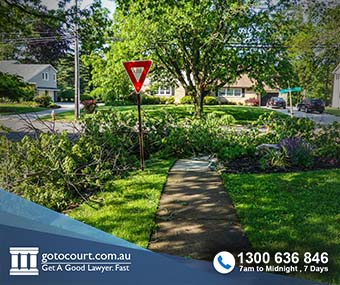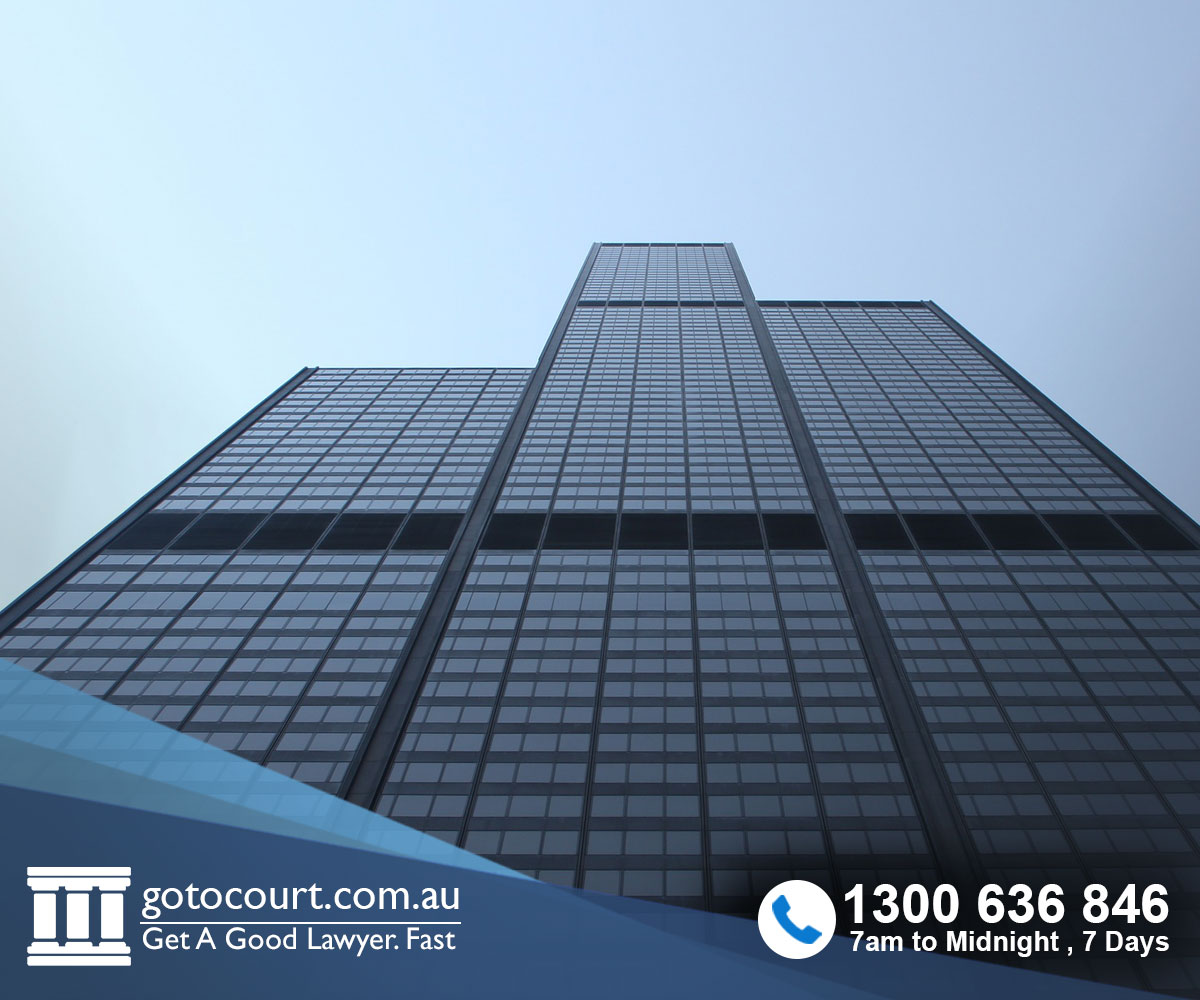Running for Election in the Northern Territory
Running for Election in the Northern Territory
In a representative democracy, it is crucial that members of the community are willing to serve in local government. In the Northern Territory, there is a shortage of candidates standing for local election. However, not every member of the community is eligible to serve as an elected official. The Local Government Act 2019 (NT) and the Local Government (Electoral) Regulations 2021 (NT) regulate the eligibility and behaviour of candidates running for local council elections in the Northern Territory.
Eligibility
Unless disqualified, any adult in the Northern Territory is eligible to stand in a local government election if they reside within the council’s boundaries. The Local Government Act stipulates that a candidate is disqualified from holding office as a member of the council because of his or her current employment as a:
- judicial officer (except as a justice of the peace);
- member of the Senate, Commonwealth House of Representatives or NT Legislative Assembly;
- council staff member (although they can run for office in a different council election); or an
- employee of a local government subsidiary where the council acts as a constituent council over the subsidiary.
Additionally, a candidate can be disqualified on personal grounds, because he or she:
- is bankrupt;
- failed to discharge council debt within six months of debt being due;
- was sentenced to imprisonment for 12 months or more for a federal, state or territory law or is incapable of holding office under the Criminal Code;
- Is certified as mentally incapable of carrying out the role of council member by two medical practitioners;
- NTCAT determines that the candidate is unfit;
- Is disqualified from corporation management under the Corporations Act 2001(Cth) or the Corporations (Aboriginal and Torres Strait Islander) Act 2006 (Cth);
- Is disqualified from acting as an officer of an incorporated association under the Associations Act 2003 (NT);
- Ceases to reside at a principal place of residence or be enrolled as an elector in the council jurisdiction; or
- Is absent without council permission from two consecutive ordinary council meetings.
Nomination deadline
Candidates running for local elections must lodge a nomination form after nominations open and before 12:00 noon on the last day of nominations. The form must enclose a recent portrait photograph of the candidate. The candidate must be nominated by at least one person enrolled in the electorate. A candidate may withdraw from the election before nominations close by giving written notice on an approved form.
Candidate conduct
Candidates must abide by a code of conduct outlined in the Local Government (Electoral) Regulations. Generally, candidates are encouraged to comport themselves with honesty and civility. Candidates must not encourage violence against another candidate, an opposition campaign worker or a member of the public. They may not make false statements about their opponents, or disseminate marketing materials using an opponent’s identifying marks. A candidate also cannot interfere with another candidate’s marketing material. The courts assess alleged breaches of these and other Electoral Regulations on a cases-by-case basis. It is therefore essential for a candidate to seek legal advice if they have any doubts about the legality of their actions.
Donation disclosure
From 1 July 2022, candidates are required to disclose loans and donations related to Northern Territory local council elections in a campaign donation return. This legislative amendment was designed to achieve greater transparency around funding for election campaigns in the Northern Territory. It is an offence under Section 154 of the Local Government Act 2019 for a candidate to fail to comply with donation disclosure requirements. The penalty for failing to disclose a donation or loan over the threshold is 100 penalty units.
A campaign donation return is required if a candidate receives donations totalling above the donation threshold of $200. When the candidate receives gifts of cash, goods and services totalling over $200 in the disclosure period, they must inform NTEC and the public. A campaign donation return is also required if a candidate receives loans for use in an election totalling $1,500 or more. Any gifts made to the candidate in a private capacity for their own personal use do not have to be disclosed. There is also no need to disclose volunteer labour conducted after working hours.
Only candidates are required to submit a donation return, and only one return is required for the disclosure period. No return is necessary if the funds are below the threshold. The candidate must submit the return to the NT Electoral Commission within 40 days of the end of the disclosure period. The form must specify the date and value of each donation and the donor’s details, or the terms and amounts of any loans, with the lender’s details. The candidate must not accept a loan or donation during the disclosure period if they do not know the required details. The disclosure period for scheduled general elections begins on 1 July in the year before the election is held and ends 30 days after election day.
When the candidate submits an incomplete form, they must inform the NTEC that the return is incomplete, list the missing information, provide an excuse for the discrepancy, and provide contact details for anyone who could provide the missing information. If the candidate makes a mistake on their donation return, they can request permission to amend a return themselves, or ask NTEC to correct an error. Candidates must keep a copy of their campaign donation returns for four years after the submission date.
Go To Court Lawyers can help if you have questions about running for election in the Northern Territory. Please contact our offices on 1300 636 846 today for legal advice about eligibility or acceptable candidate behaviour.

Affordable Lawyers
Our Go To Court Lawyers will assist you in all areas of law. We specialise in providing legal advice urgently – at the time when you need it most. If you need a lawyer right now, today, we can help you – no matter where you are in Australia.How It Works




1. You speak directly to a lawyer
When you call the Go To Court Legal Hotline, you will be connected directly to a lawyer, every time.

2. Get your legal situation assessed
We determine the best way forward in your legal matter, free of charge. If you want to go ahead and book a face-to-face appointment, we will connect you with a specialist in your local area.

3. We arrange everything as needed
If you want to go ahead and book a fact-to-face appointment, we will connect you with a specialist in your local area no matter where you are and even at very short notice.













